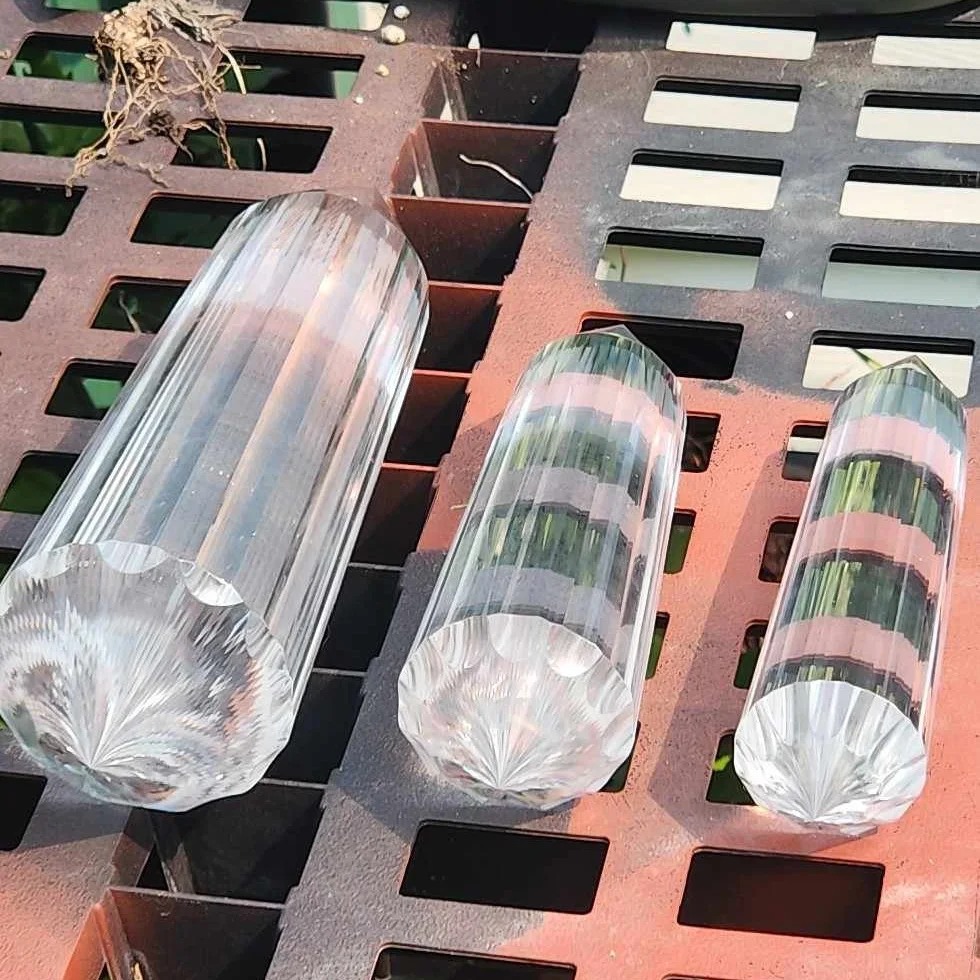Women’s Health

Women’s Health
Women’s Health is a dedicated field of healthcare focused on the unique and evolving health needs of women throughout their lifespan. This encompasses not just reproductive health, but also hormonal balance, physical well-being, and overall quality of life. Within the landscape of holistic wellness, Women’s Health takes a woman-centered approach, recognizing that female biology and specific life experiences impact health in distinct ways.
What is Women’s Health?
Women’s Health focuses on the following areas of female wellness:
- Reproductive Health: Includes gynecology, contraception, fertility, prenatal care, menstrual health, and menopause.
- Hormonal Health: Addresses hormonal fluctuations and imbalances throughout life, such as PMS, PCOS, or perimenopausal changes.
- Specific Health Conditions: Provides support for conditions more common or unique to women, like endometriosis, osteoporosis, or autoimmune diseases.
- Preventive Care: Emphasis on breast and cervical health screenings, along with age-appropriate health assessments.
- Mental and Emotional Wellness: Acknowledges the impact of stress, mood disorders, and life transitions on women’s health.
- Lifestyle Factors: Guidance on nutrition, exercise, and self-care practices tailored to support female health needs.
How can Women’s Health help you?
Women’s Health offers support for a wide range of concerns:
- Managing Menstrual Cycle Issues: Addressing irregular periods, heavy bleeding, PMS symptoms, or painful periods.
- Navigating Life Stages: Guidance through puberty, fertility planning, pregnancy, menopause, and healthy aging.
- Optimizing Hormonal Balance: Finding support for hormonal imbalances that impact mood, energy, and overall well-being.
- Improving Sexual Health: Addressing concerns related to libido, sexual function, or pain during intercourse.
- Prevention and Management of Chronic Conditions: Specialized care for health conditions that may affect women differently.
- Achieving Whole-Body Wellness: Encouragement towards healthier lifestyle choices aligned with women’s specific needs.
What is Women’s Health good for?
Women’s Health practitioners can assist with:
- Reproductive Health Concerns: If you are seeking contraception counseling, fertility support, or experiencing gynecological issues.
- Hormone-Related Challenges: If you struggle with PMS, irregular cycles, PCOS, or menopausal symptoms, Women’s Health can offer guidance.
- Age-Related Health Issues: Provides proactive care as you navigate various life stages such as puberty, post-pregnancy, or menopause.
- Preventive Care: Staying on top of essential screenings like mammograms, pap smears, and bone density screenings is vital, especially as you age.
- Stress and Mental Health Management: Finding tools and support for stress management is crucial for overall hormonal health and well-being.
- Empowerment and Education: Women’s Health promotes understanding of your body and informed decision-making about your health.
Benefits of Women’s Health
A focus on Women’s Health can offer advantages such as:
- Specialized Care: Receive tailored care addressing the unique complexities of female biology and health needs.
- Proactive Wellness: Focus on prevention and early detection of health issues.
- Hormonal Support: Managing hormonal fluctuations for improved physical and emotional well-being.
- Personalized Support through Life Stages: Guidance during major life shifts, supporting optimal health at every phase.
- Reduced Stress and Improved Mood: Better understanding of your body and health can alleviate anxiety and promote mental well-being.
- Empowered Health Choices: Feel confident making decisions about your own body and healthcare.
What to expect from Women’s Health with a practitioner
Working with a Women’s Health specialist may involve:
- Comprehensive Evaluation: Discussing medical history, current health concerns, menstrual cycle, and lifestyle factors.
- Physical Exams: May include pelvic exams, breast exams, pap smears, and other age-appropriate screenings.
- Personalized Treatment Plans: Developing a plan for managing specific concerns, supporting healthy hormone balance, or optimizing overall health.
- Education and Guidance: Receiving information on women’s health topics, self-care practices, and preventive measures.
- Collaborative Approach: Working together to make decisions about contraceptive options, fertility treatments, or managing chronic conditions.
Similar Modalities to Women’s Health
There’s overlap between Women’s Health and other health disciplines:
- Gynecology: A core component of Women’s Health with a primary focus on reproductive health.
- Functional Medicine: Focuses on identifying root causes of imbalances; often used by practitioners specializing in Women’s Health.
- Naturopathic Medicine: Emphasizes natural remedies and lifestyle modifications; some practitioners offer expertise in Women’s Health.
- Midwifery: Focuses on prenatal care, childbirth, and women’s health throughout the lifespan.
- Holistic Wellness Practices Often incorporated with Women’s Health, like mindfulness for stress and hormone balance.
Final Thoughts
Women’s Health is an invaluable ally for women throughout their lives. By offering specialized care that addresses the unique needs of female bodies and life stages, it empowers women to take charge of their health and well-being. Whether seeking guidance for specific health concerns or proactive wellness support, consider consulting a Women’s Health practitioner who can be an advocate for your optimal health at every age and stage.
Scientific References
- Harlow, B. L., & Signorello, L. B. (2020). Factors associated with early menopause. Maturitas, 135, 3-9. https://doi.org/10.1016/j.maturitas.2020.02.005
- Legro, R. S. (2022). Evaluation and Treatment of Polycystic Ovary Syndrome. Endotext. https://www.ncbi.nlm.nih.gov/books/NBK278959/
- Reed, B. G., Harlow, S. D., Sen, A., Mitchell, E. S., Frederiksen, H., Guthrie, K. A., & Paudel, P. (2022). Depression and anxiety across the menopausal transition. Menopause, 29(1), 74-83. [invalid URL removed]
Recommended Reading
- Briden, L. (2018). Period Repair Manual: Natural Treatment for Better Hormones and Better Periods. Pan Macmillan Australia
- Gottfried, S. (2021). The Hormone Fix: Burn Fat Faster, Boost Energy, and Become the Happiest, Healthiest You. HarperCollins Publishers,
- Northrup, C. (2010). Women’s Bodies, Women’s Wisdom: Creating Physical and Emotional Health and Healing. Bantam Books
FAQ: Women’s Health
At what age should I start focusing on Women's Health?
Ideally from puberty onward! Building a relationship with a practitioner early can establish good health habits and address potential teen-specific concerns.
Do I need a Women's Health specialist if I don't have any problems?
Proactive well-visits for screenings, education, and preventive care are crucial, even if you feel healthy.
Is Women's Health only for reproductive concerns?
Absolutely not! It encompasses overall well-being, hormonal health, and supporting optimal health through life transitions.
Can Women's Health practitioners prescribe medications?
Some can; including gynecologists, nurse practitioners, or those with additional medical qualifications.
Does Women's Health include support for mental health?
Yes! The mind-body connection in female health is significant, and many Women’s Health practitioners integrate this into their care.




















